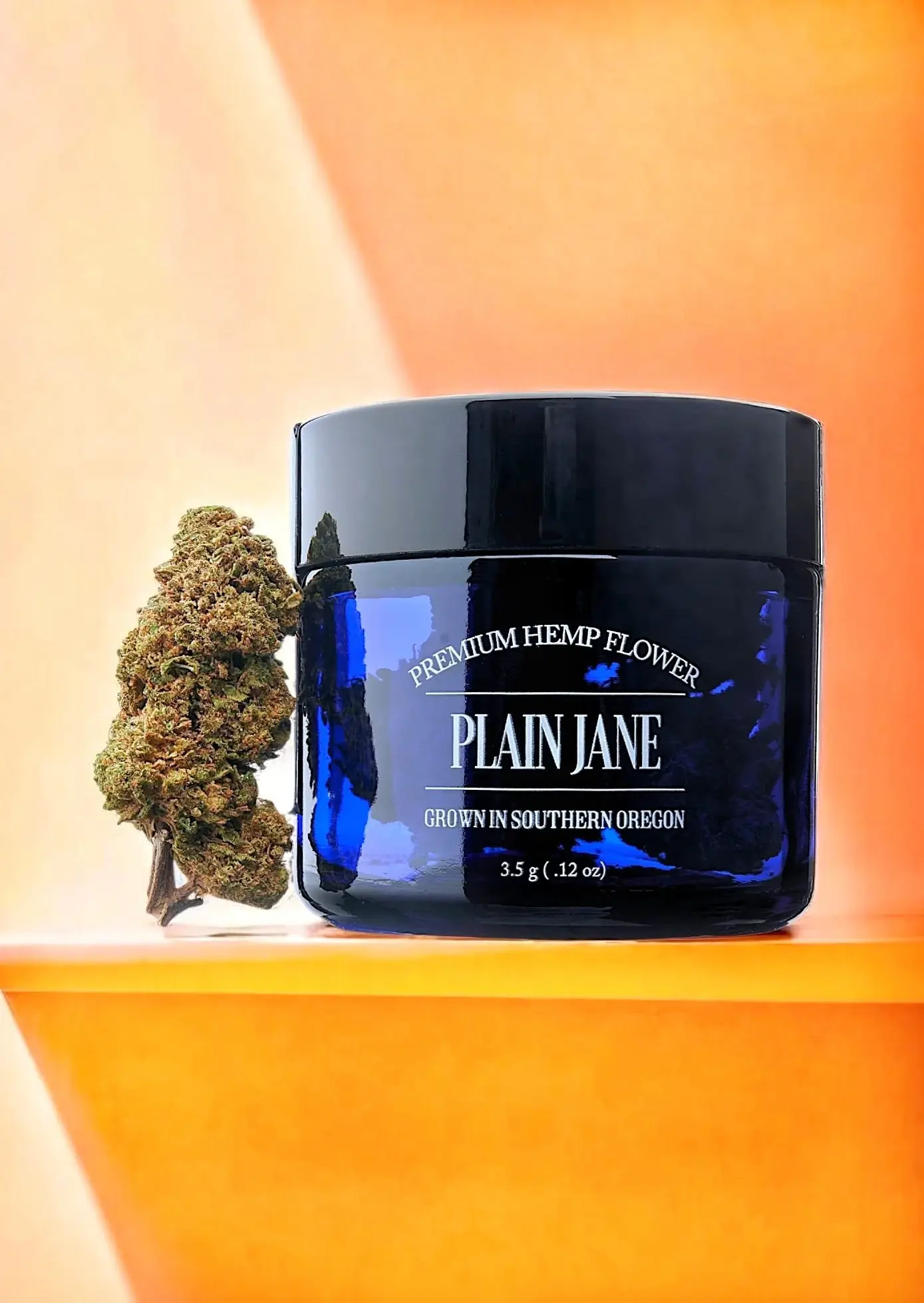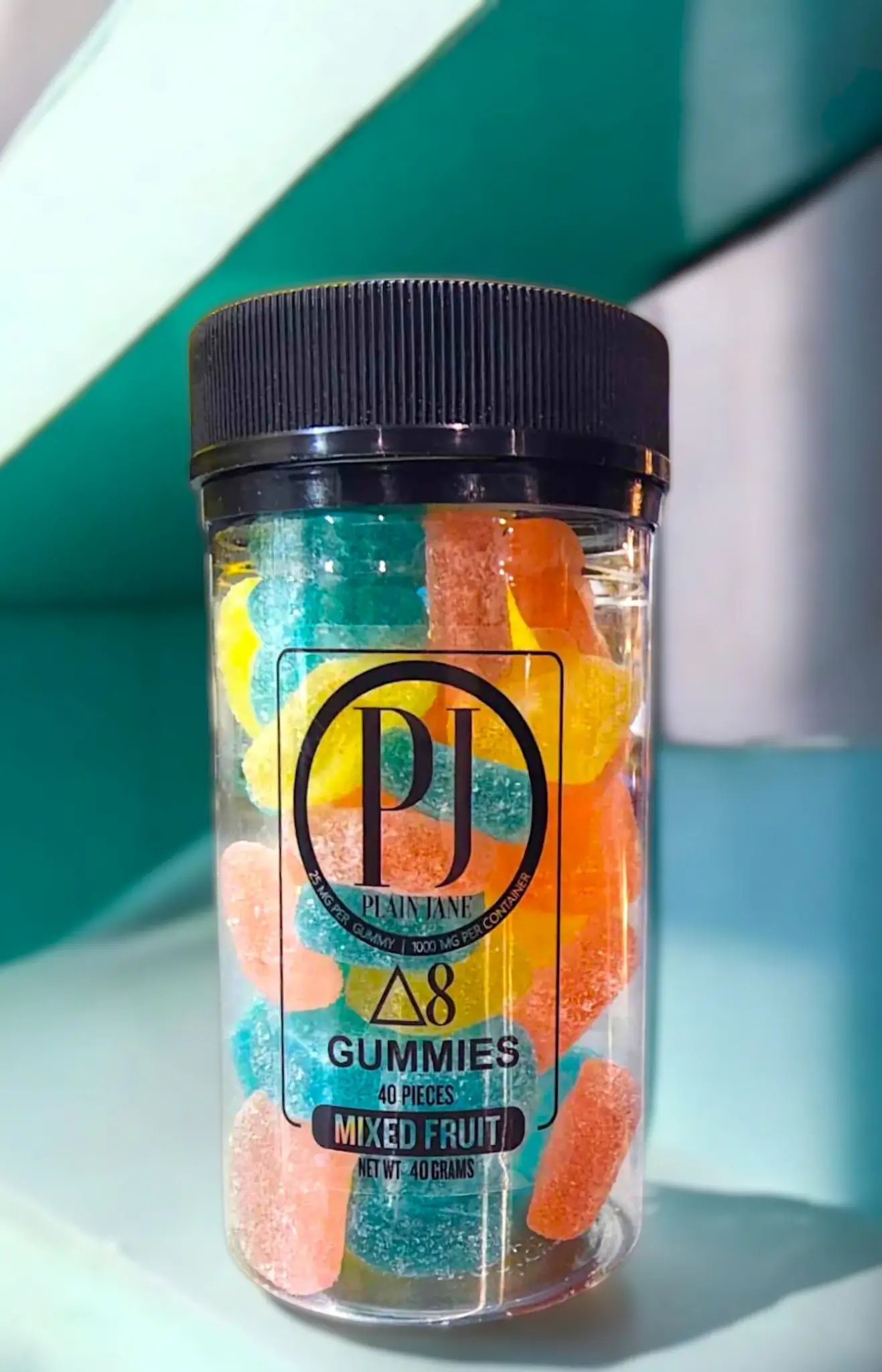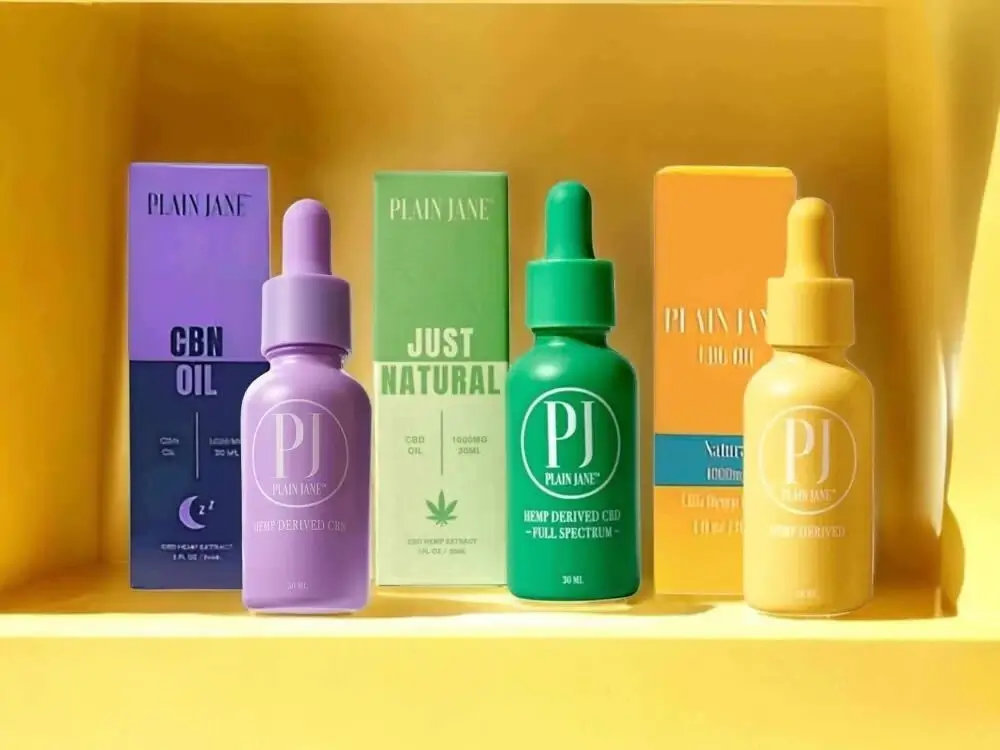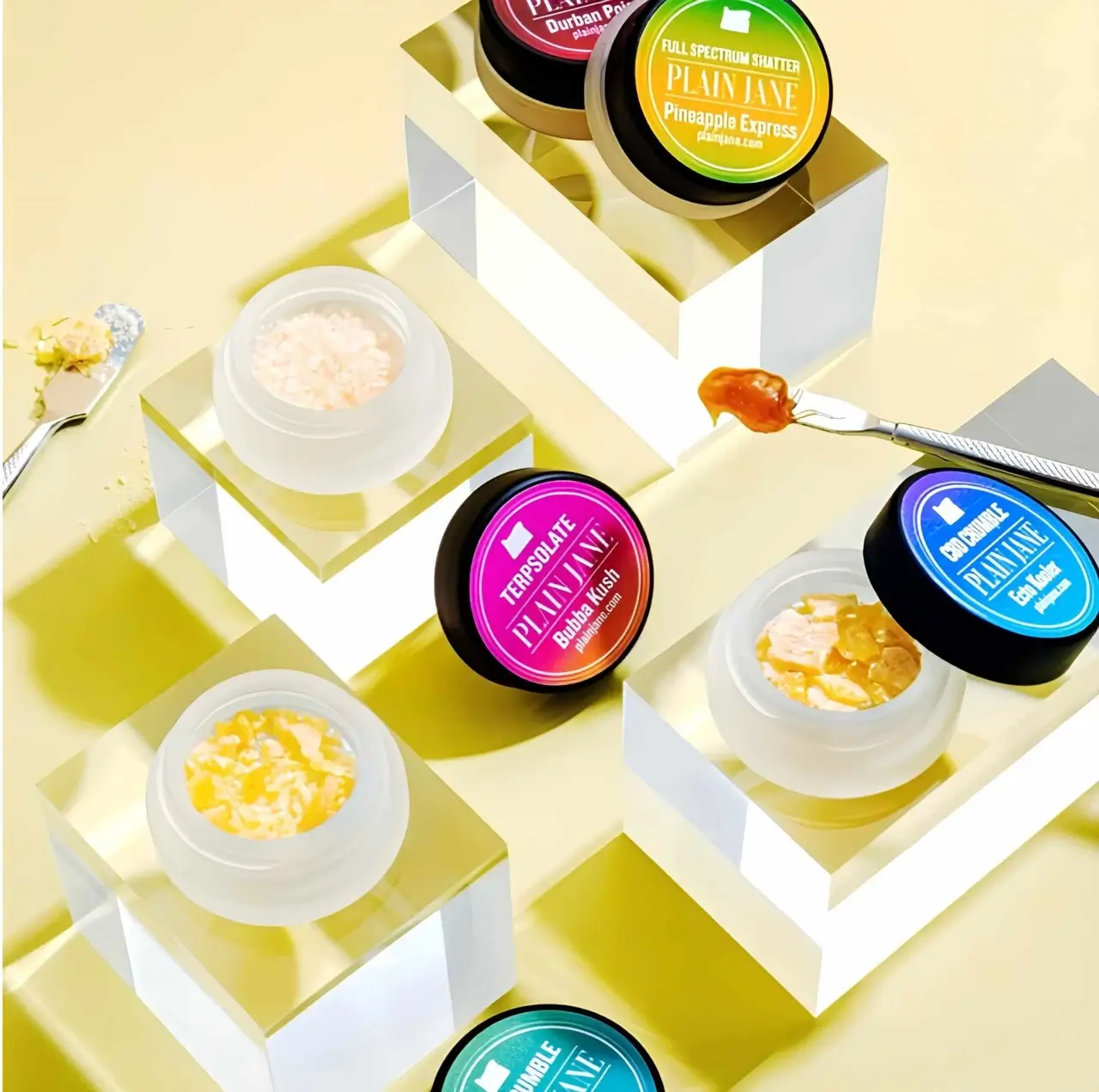2021 Update:
Bill 893 legalized CBD and hemp in the state of Connecticut as of January 2019.
On April 6, 2021, the Judiciary Committee amended and advanced the S.B. 888 - An Act Responsibly and Equitably Regulating Adult-Use Cannabis.
Original Post:
In addition to the federal hemp laws laid out in the 2018 Farm Bill, each state has its own state hemp laws. Before we dive in on Connecticut Hemp Laws and the legality of CBD in Connecticut, it is important to understand the different types of hemp and CBD products that these laws may be applied to.
There are many (somewhat confusing) terms for hemp oil:
- Isolate or THC-Free Hemp Oil has only CBD and all other plant compounds have been removed, THC is undetectable. Pure CBD Isolate can also be purchased in powder form.
- Full-Spectrum Hemp Oil has all plant compounds, including less than 0.3% THC.
- Broad-Spectrum Hemp Oil has undetectable THC, but contains other plant compounds.
- PCR (Phytocannabinoid-Rich) Hemp Oil with Zero-THC is a new marketing term for broad-spectrum hemp oil.
- CBG Hemp Oil is a hemp oil from a cannabigerol (CBG) rich hemp strain that has more CBG than is found in CBD Hemp Oil.
- Hemp Flower is the dried and harvested flower of the hemp plant. It can be used whole or extracted to make CBD isolate, Full-Spectrum CBD, or Broad-Spectrum CBD (PCR Hemp Oil).
FAQ: Hemp and CBD Legality in Connecticut
When it comes to buying CBD products, hemp flower, and hemp cigarettes here are some frequently asked questions that come up:
Is Full Spectrum CBD Legal in Connecticut?
That is a trick question because full-spectrum CBD is not the same as the so-called PCR Hemp Oil! This new marketing term is certainly introducing even more confusion around CBD products.
Under Connecticut hemp laws, the Department of Agriculture regulates hemp cultivation, and the Department of Consumer Protection regulates the processing and manufacturing of hemp products like CBD. All CBD products that comply with those regulations and FDA regulations are legal under Connecticut hemp laws.
Is It Legal to Ship PCR Hemp Oil to Connecticut?
It is legal to ship ALL types of hemp products with less than 0.3% THC to all US States according to the 2018 Farm Bill.
Where to Buy Full Spectrum CBD Oil in Connecticut?
It is legal to buy hemp and CBD products in stores or online in Connecticut.
Do you need a special license to purchase PCR Hemp Oil in Connecticut?
You don’t need a special license to purchase CBD hemp oil (all types) in Connecticut, only to grow, test, or sell products.
How Does Connecticu Legally Define Hemp?
'Hemp products' means products with a delta-a tetrahydrocannabinol concentration of not more than 0.3 per cent on a dry weight basis derived from, or made by, the processing of hemp plants or hemp plant parts;
Connecticut Public Act No. 19-3 “SSB No. 893”
Growing and Selling Hemp in Connecticut
Connecticut hemp growers and handlers must be registered and licensed with the state. They have a very well defined legal process to follow.
Retail Hemp and CBD products must comply with Connecticut hemp laws:
- The THC must be reported as “total THC”
- Products must contain no more than 0.3% THC (THC + THCA)
- Products must come from a registered farm
- Products must be tested by a licensed laboratory
In addition to Connecticut state CBD laws and the 2018 Farm Bill hemp laws, the US Food and Drug Administration (FDA) has additional requirements for CBD and hemp companies to meet.
Connecticut state hemp laws allow for CBD products such as:
- Hemp topicals
- Hemp concentrates and extracts (oils and tinctures)
- Industrial hemp for building or fiber materials
- Industrial hempseed (food product)
- Industrial hempseed oil (food product)
Considerations for Connecticut Hemp Laws
An FAQ put out by the Connecticut Department of Consumer Protection does a lot of double-speak around whether or not CBD-containing foods are legal. The FAQ seems to suggest that Connecticut will allow businesses to manufacture these products. It also refers to the FDA CBD policy though. That policy explicitly prohibits the manufacture and sale of foods and drinks that have any form of CBD added to them.
Another unusual element of the Connecticut hemp laws is that they are not very explicit about the requirement for total THC to be under 0.3% (versus delta-9-THC only under 0.3%). Their Hemp THC Testing Guidance notes that methods need to either convert THCA into THC prior to testing or mathematically extrapolate by considering delta-9-THC plus THCA ('total THC').







0 comments